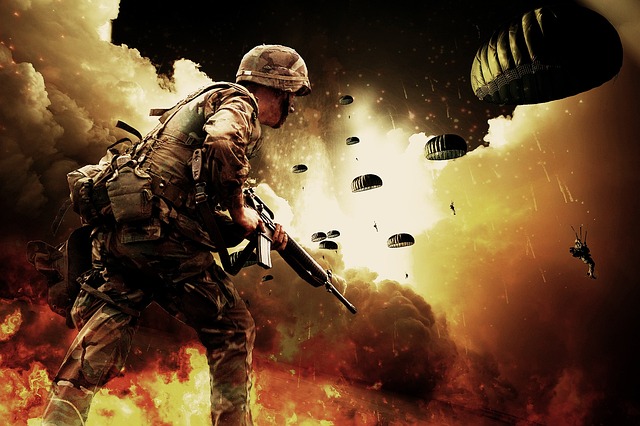In the dynamic world of eSports, the principles of military management are increasingly becoming relevant as players and teams strategize to achieve victory. Just like military commanders on the battlefield, eSports athletes must constantly analyze their opponents, assess their own capabilities, and make quick decisions under pressure. The fusion of gaming and military management offers valuable insights into how competitive gaming can be approached strategically.
At the heart of eSports lies a myriad of games that require not just individual skill but also team coordination, tactical execution, and resource management. Titles like Counter-Strike: Global Offensive and League of Legends are perfect illustrations of this. In these games, players take on specific roles much like soldiers in a military unit. Each member has a designated function—be it reconnaissance, support, or assault—making it essential for players to work in harmony towards a shared objective. This mirrors military units where operations hinge on collective effort and strategic positioning.
The role of a game strategist in eSports is akin to that of a military leader. They must gather intelligence on rival teams, analyze past performances, and develop game plans suited to exploit the weaknesses of opponents. This aspect of military management is crucial when deploying tactics during matches. Understanding the terrain of the game map, predicting enemy movements, and setting traps require a level of foresight and planning that military officers hone during their training. Moreover, with the stakes being higher in competitive gaming, the ability to manage stress and maintain composure in the face of adversity reflects the same mental fortitude seen in military operations.
Moreover, teamwork in eSports can be highlighted through the concept of mission planning from military management practices. Teams spend hours in strategy sessions, discussing everything from game tactics to psychological warfare to throw their opponents off guard. Just like military campaigns are meticulously planned, eSports teams create playbooks that outline potential responses to various scenarios, ensuring that each player understands their responsibilities in real-time. Adapting to rapidly changing situations in competitions, akin to a battlefield, requires this level of preparation and strategic thinking.
Gaming has also introduced a new era of leadership styles. The strong presence of mentoring and coaching has become integral to eSports, drawing parallels with military mentorship. Successful teams often feature seasoned players who guide newcomers through the intricacies of gameplay, emphasizing the importance of developing talent for long-term success. This collective learning environment fosters a culture of continuous improvement, reflecting the way military forces adapt and evolve with new tactics and technology.
Furthermore, the integration of technology in gaming mirrors advancements in military strategies. The use of data analytics to assess player performance and opponent strategies has revolutionized the way teams approach gameplay. Just as militaries have adopted sophisticated tools for surveillance and reconnaissance, eSports organizations utilize analytics platforms to dissect match footage, providing essential insights that drive their preparation and game execution.
As eSports continues to grow, it is evident that the synergy between military management and gaming offers a template for success. Whether you’re a player, coach, or fan, embracing the strategic aspects drawn from military principles can elevate the competitive experience to new heights. As we watch this phenomenon unfold, it’s clear that mastering the art of military management within the context of gaming and eSports will not only enhance performance but also redefine the landscape of digital competitions.




